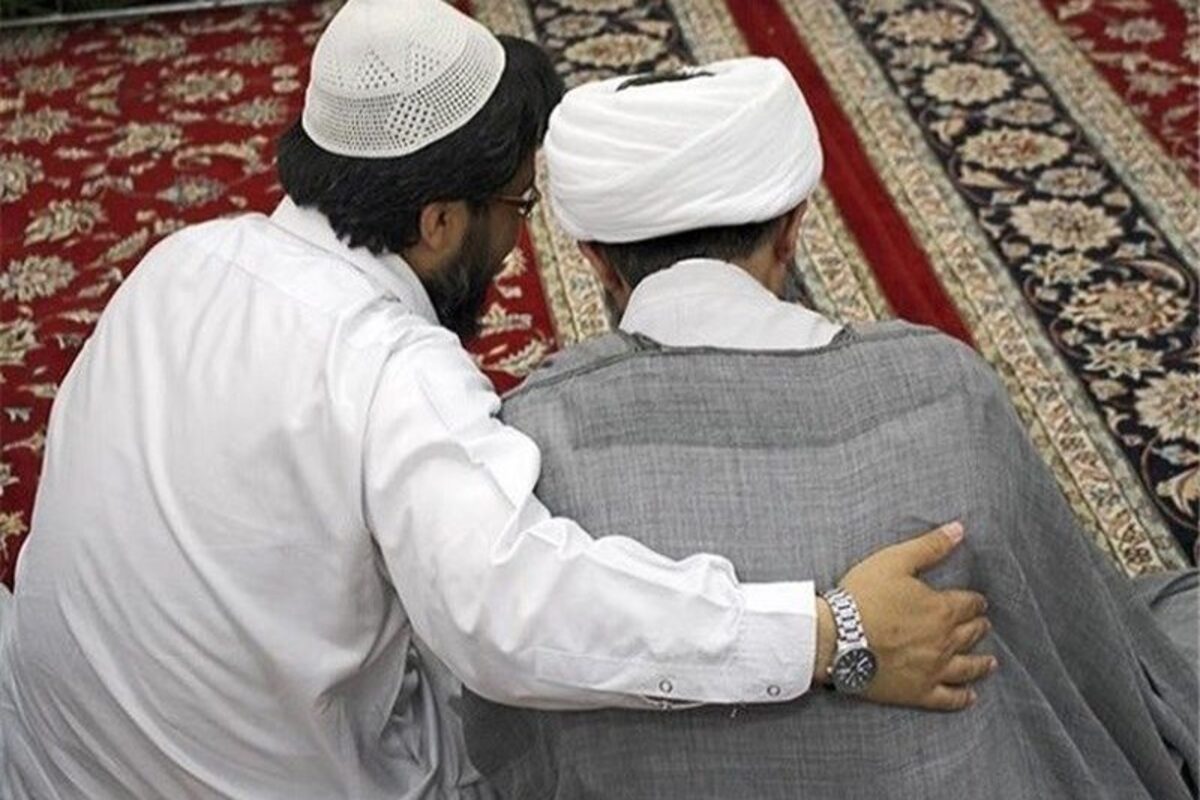Kunduz in north-west Afghanistan was witness to a devastating strike by the predominantly Sunni-dominated Islamic State of Iraq and Syria on Friday. An explosion occurred among Shia worshippers in a mosque during Friday prayers, killing at least 100 people, according to the Taliban police.
Though there was no claim of responsibility, ISIS militants are known to have attacked Agfhanistan’s Shiite Muslims in the past and are the prime suspects now. Intrinsically, therefore, Kunduz was witness to an intra-religion conflict, one that has convulsed several swathes of the world with devastating consequences. Dost Mohammad Obaida of the Kunduz police said a majority “of them have been killed”.
It is possible that the attack was perpetrated by a suicide bomber who is suspected to have mingled with the worshippers. Frightfully enough, the death toll could be higher still. While American and Nato forces pulled out in August, and the Taliban assumed control of the country, Afghans continue to live on the edge. Indeed, the country has been targeted by deadly ISIS strikes, including shooting ambushes and an explosion in a mosque in Kabul. Taliban’s special forces have visited the scene and are investigating the tragedy, coinciding with the holiest day of the week in the Islamic calendar.
The Taliban leadership has been grappling with the growing threat from the local Islamic State affiliate, known as the Islamic State in Khorasan. IS militants have stepped up attacks on their rivals, including two deadly bombings in Kabul. Even Afghanistan’s religious minorities have been targeted in these attacks. Clearly, there are divisions aplenty between co-religionists and there are elements within the country that seem determined to ensure the Taliban endorses an extreme, Sunni form of Islam, to the exclusion of all other groups.
The local Islamic State affiliate had claimed responsibility for the horrific August 26 bombing that killed no fewer than 169 Afghans and 13 US military personnel outside Kabul airport in the final phase of the American pullout from Afghanistan. Since the US withdrawal, IS outrages have occurred by and large in eastern Afghanistan ~ the regional base of the IS affiliate ~ and in Kabul. The ethnic Hazaras, who are predominantly minority Shiite Muslims, constitute 6 per cent of the population of Kunduz of nearly one million people. The other cause of worry is that the large Uzbek population has been targeted for recruitment by the IS, which is closely aligned with the Islamic Movement of Uzbekistan.
Friday’s disaster, if claimed by IS, will also be a worrying development for Afghanistan’s Central Asian neighbours and for Russia, which has been courting Taliban for years as an ally against the influence of ISIS in the region. The ordinary Afghan pays with blood for the games leaders play.












